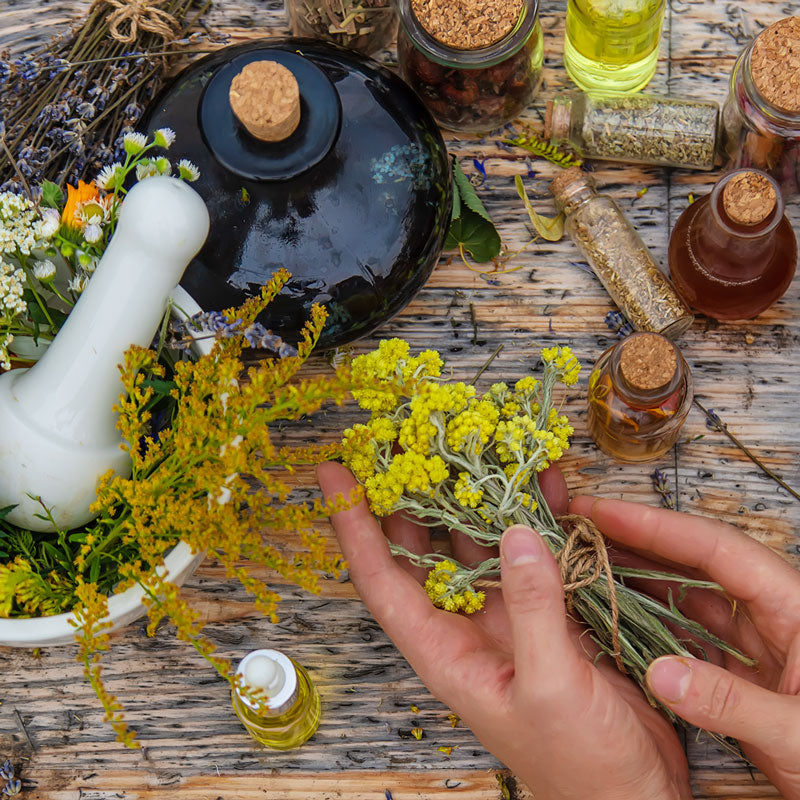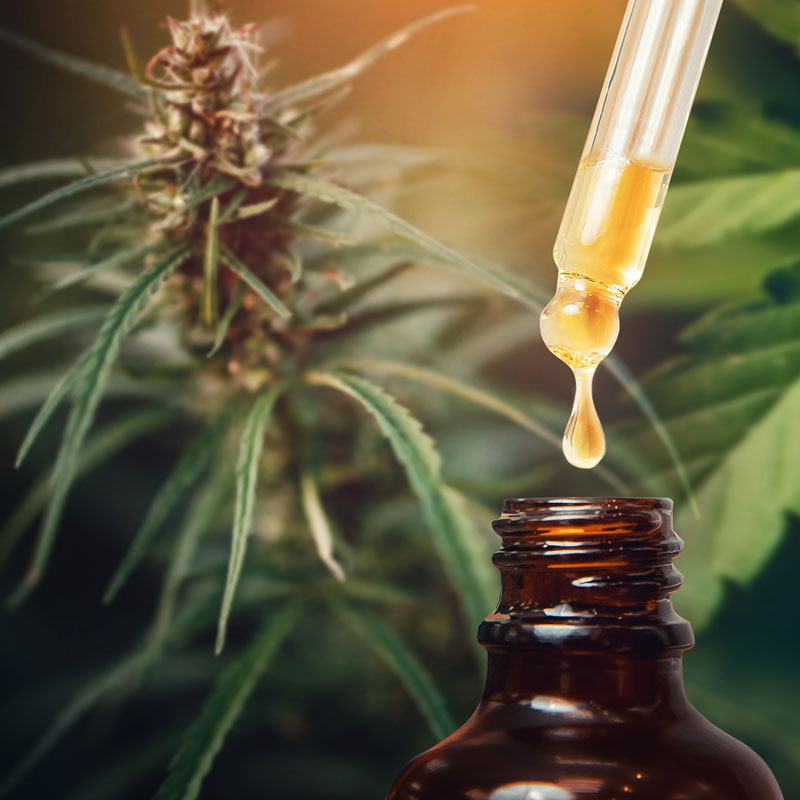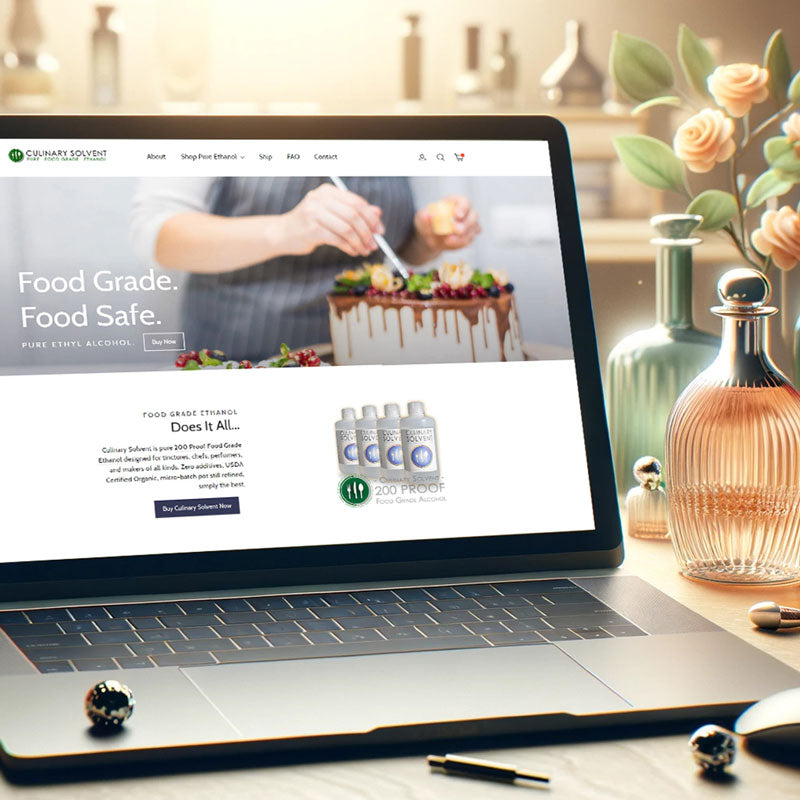Homemade Rose Tincture and Extract Recipe using Food Grade Ethanol

Rose is a cherished botanical valued for its aromatic and culinary qualities. Creating a rose tincture allows you to extract its natural compounds into a convenient liquid form. This guide outlines the process of making a high-quality rose tincture using 200 Proof Food Grade Ethanol for effective extraction.
What is Rose?
Rose (Rosa spp.) is a flowering plant from the Rosaceae family, widely cultivated for its fragrant petals and vitamin-rich rose hips. It has been traditionally used in culinary recipes, botanical preparations, and perfumery.
Which Parts of the Rose Are Best for Tinctures?
- Rose Petals: Commonly used for their floral aroma and essential oils.
- Rose Hips: The fruit of the rose, known for its vibrant color and naturally occurring nutrients.
- Rose Roots: Occasionally used in botanical preparations.
- Rose Stems: Typically not used, as they lack the aromatic compounds found in petals and hips.
Why Make a Rose Tincture?
- Longer Shelf Life: Unlike rose water or oil, an ethanol-based tincture remains stable for up to two years.
- Concentrated Extraction: A tincture preserves rose’s natural aromatic compounds in a potent liquid form.
- Versatile Applications: Can be used in culinary recipes, perfumes, and botanical infusions.
Where is Rose Grown?
Roses are native to Asia, Europe, and North America, thriving in temperate climates with well-drained soil. They are widely cultivated in California, Oregon, Texas, and New York, where they are grown for ornamental, culinary, and botanical purposes.
Sourcing and Selecting Quality Rose
For the best tincture results, source organic, pesticide-free rose petals or rose hips from reputable herbal suppliers, farmers’ markets, or home gardens. Choose deeply fragrant, vibrantly colored petals and firm, brightly colored rose hips. Avoid plant material that appears dull, dried-out, or chemically treated.
Preparing Rose for Tincture
- Ensure petals or hips are clean and free from debris.
- Gently crush or chop the petals or hips to increase surface area for efficient extraction.
Best Practices for Storing Your Rose Tincture
Store the tincture in a dark glass bottle, away from heat and direct sunlight. Properly stored, it can maintain its quality for up to two years.
Culinary and Perfumery Applications of Rose Extract
- Perfume and Aromatherapy: A few drops add a delicate floral note to homemade perfumes and body sprays.
- Herbal Teas and Beverages: Enhances floral teas or botanical cocktails with a subtle aroma.
- Baking and Desserts: Infuses cakes, syrups, and confections with a light rose essence.
- Savory Dishes: Adds a floral complexity to Middle Eastern and Mediterranean recipes.
Final Thoughts on Crafting a Rose Tincture
Making a rose tincture at home is a simple way to preserve the aromatic and culinary qualities of this cherished botanical. Using 200 Proof Food Grade Ethanol ensures a high-quality extraction, free from unwanted additives. Whether used in perfumery, herbal infusions, or culinary applications, rose tincture is a versatile addition to any home collection.

Disclaimer: This content is for informational and educational purposes only. Consult a professional before using tinctures for any specific application. Individual reactions may vary.










